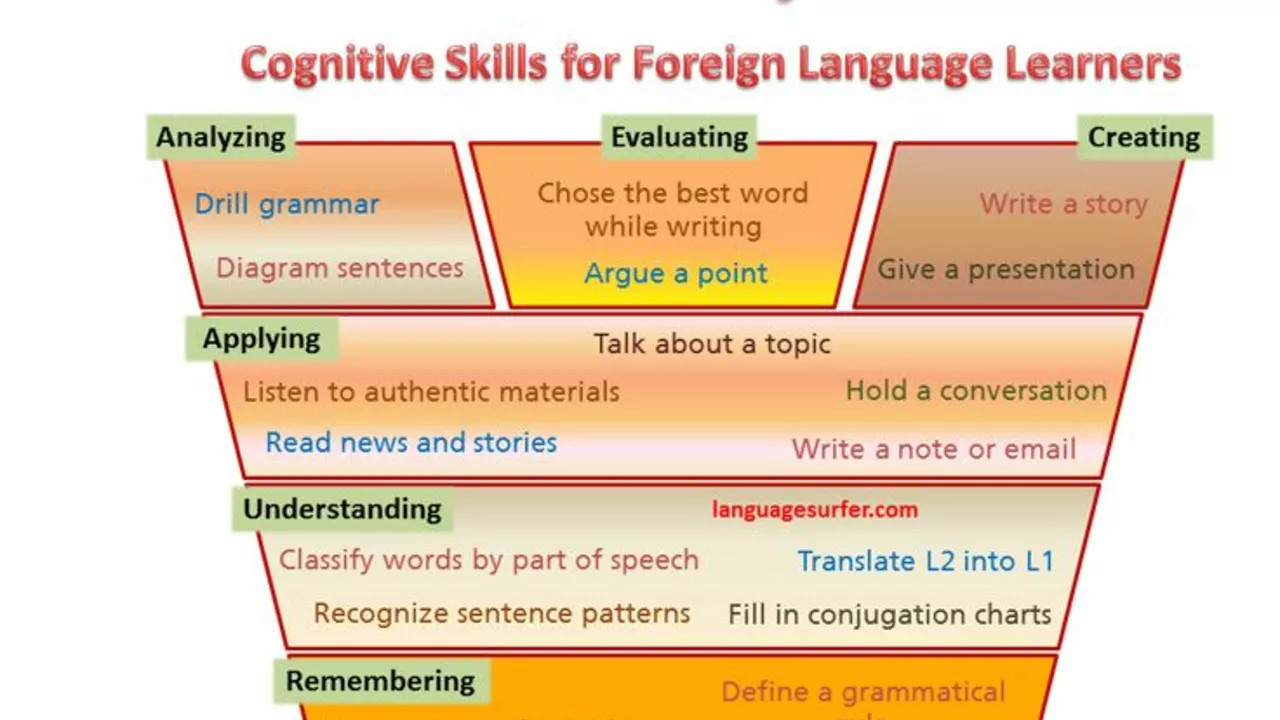Vocabulary Learning: Simple Steps to Boost Your Word Power
Ever felt stuck because you can't find the right word? You’re not alone. Building a bigger vocab is like adding new tools to a toolbox – the more you have, the easier the job.
First off, why should you care about learning new words? A richer vocab helps you write clearer emails, speak more confidently, and understand what you read without re‑reading. It’s a fast way to make a good impression, whether you’re at work, school, or just chatting with friends.
Why Vocabulary Matters
Think about a conversation where you wanted to describe a "conservative" viewpoint. If you only know that one word, you might repeat it over and over. Knowing alternatives like "traditional," "cautious," "moderate," or "right‑leaning" lets you vary your language and keep the listener interested.
Research shows people with larger vocabularies process information faster. That means you’ll spend less time figuring out what a sentence means and more time acting on it. In short, a strong word bank saves you time and makes you sound smarter.
Practical Tips to Expand Your Vocabulary
1. Read a little every day. Pick articles, blogs, or short stories that are just a notch above your comfort level. When you hit a word you don’t know, look it up and jot it down.
2. Play word games. Crossword puzzles, word‑search apps, or even a quick round of "Word Association" with a friend turn learning into fun.
3. Use a “word of the day” calendar. Write the word, its meaning, and one sentence you can use it in. Repeating it a few times helps it stick.
4. Swap synonyms in your writing. Take a sentence like "He has a conservative approach to budgeting" and rewrite it with different words: "He follows a cautious approach to budgeting" or "He prefers a traditional budgeting style." This simple exercise shows how many ways you can say the same thing.
5. Teach someone else. Explaining a new word to a friend forces you to recall its meaning and usage, reinforcing your memory.
Let’s look at a real example from our own blog. In a recent post we asked, "What is a synonym for the word 'conservative'?" The answer listed options like "traditional," "cautious," "moderate," and "right‑leaning." By reading that post, you not only learn the synonyms but also see them used in context.
Remember, the goal isn’t to memorize a dictionary page‑by‑page. It’s to add useful words that you’ll actually use. When you encounter a new word, ask yourself: "Will this help me express an idea more clearly?" If yes, add it to your personal list.
Finally, keep a small notebook or a notes app dedicated to new words. Review it weekly, pick a few to use in your emails or conversations, and watch your confidence grow.
Building a bigger vocabulary is a habit, not a sprint. Start with one word a day, practice it, and soon you’ll notice how much easier it is to find the perfect term. Ready to level up your language? Grab that notebook and start today.
